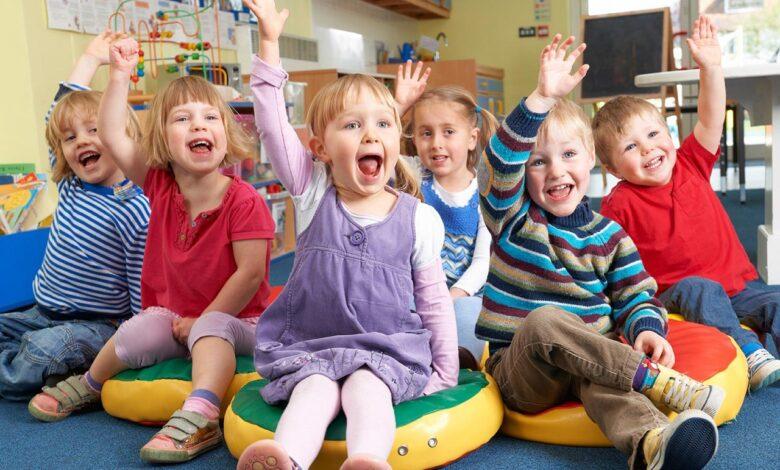Algorithm of actions for placing a child in a kindergarten in wartime

Preschool education plays a key role in the development of children, their socialization and preparation for school. The legislation of Ukraine guarantees the availability and free preschool education, however, in the conditions of war, many families face difficulties in placing a child in kindergarten.
Forced displacement, destruction of educational institutions, lack of places in kindergartens, problems with documents – these are only some of the challenges that parents face. Due to the decrease in the number of working institutions in some regions, there is a significant load on those kindergartens that continue to work. In addition, many families who are forced to move to other regions or abroad cannot always immediately find a place for their child in local preschools.
One of the main problems is the closing or destruction of preschool institutions. According to the data, 123 kindergartens were completely destroyed, and 1231 were damaged. There is also a significant shortage of places, especially in regions with a large number of internally displaced persons. Some kindergartens cannot function due to non-compliance with security requirements during the alarms, and many parents lost their documents during the evacuation.
In order to help parents in this process, the Commissioner for Human Rights of the Verkhovna Rada of Ukraine, Dmytro Lubinets published an action algorithm for placing a child in a kindergarten, which aims to simplify the procedure and help parents get the necessary place for their child faster. In particular, the algorithm contains recommendations for submitting an application, necessary documents and appeals to the relevant authorities in case of refusal of admission. It also explains the rights of parents and children, the procedure in case there are no places in the kindergarten or the institution is temporarily not functioning.
Lubinets emphasized that ensuring a child’s right to education is one of the state’s priority tasks, especially in wartime conditions. He urged parents to actively use the provided mechanisms and, in case of problems, contact the authorized bodies to protect their rights. A child’s right to preschool education is enshrined in the Constitution of Ukraine, the laws “On Education” and “On Preschool Education”, as well as in the UN Convention on the Rights of the Child. All these documents guarantee equal access to education and development for every child, regardless of circumstances.
From January 1, 2025, the Law of Ukraine No. 3788-IX “On Preschool Education”, which provides for:
- Child-centeredness and a person-oriented approach in public policy;
- Guaranteed access to preschool education regardless of place of residence;
- Clear rules for enrollment in communal institutions;
- Compulsory acquisition of preschool education by older children;
- Implementation of various forms of preschool education, including inclusive education;
- Free education in state and communal institutions.
To enroll a child in a kindergarten, parents must choose the nearest institution, submit an application online or contact the administration and receive confirmation of enrollment. Mandatory documents are:
- statement from one of the parents;
- child’s birth certificate;
- medical certificate on health status;
- a document confirming the status of an IDP (if necessary).
When choosing a private kindergarten, it is worth checking the license, qualifications of teachers and reviews of other parents. If a child cannot get access to preschool education, parents can contact the local education department, submit an official application, or notify the Human Rights Commissioner of the Verkhovna Rada of Ukraine.
If the right to education is violated, parents can contact the Commissioner for Human Rights at the address: str. Instytutska, 21/8, m. Kyiv, 01008, or send an e-mail to hotline@ombudsman.gov.ua. Contact numbers: 0 800 501 720; 044 299 74 08.
This algorithm will be a useful tool for parents who want to ensure that their children have access to preschool education, even in the difficult conditions of wartime.





